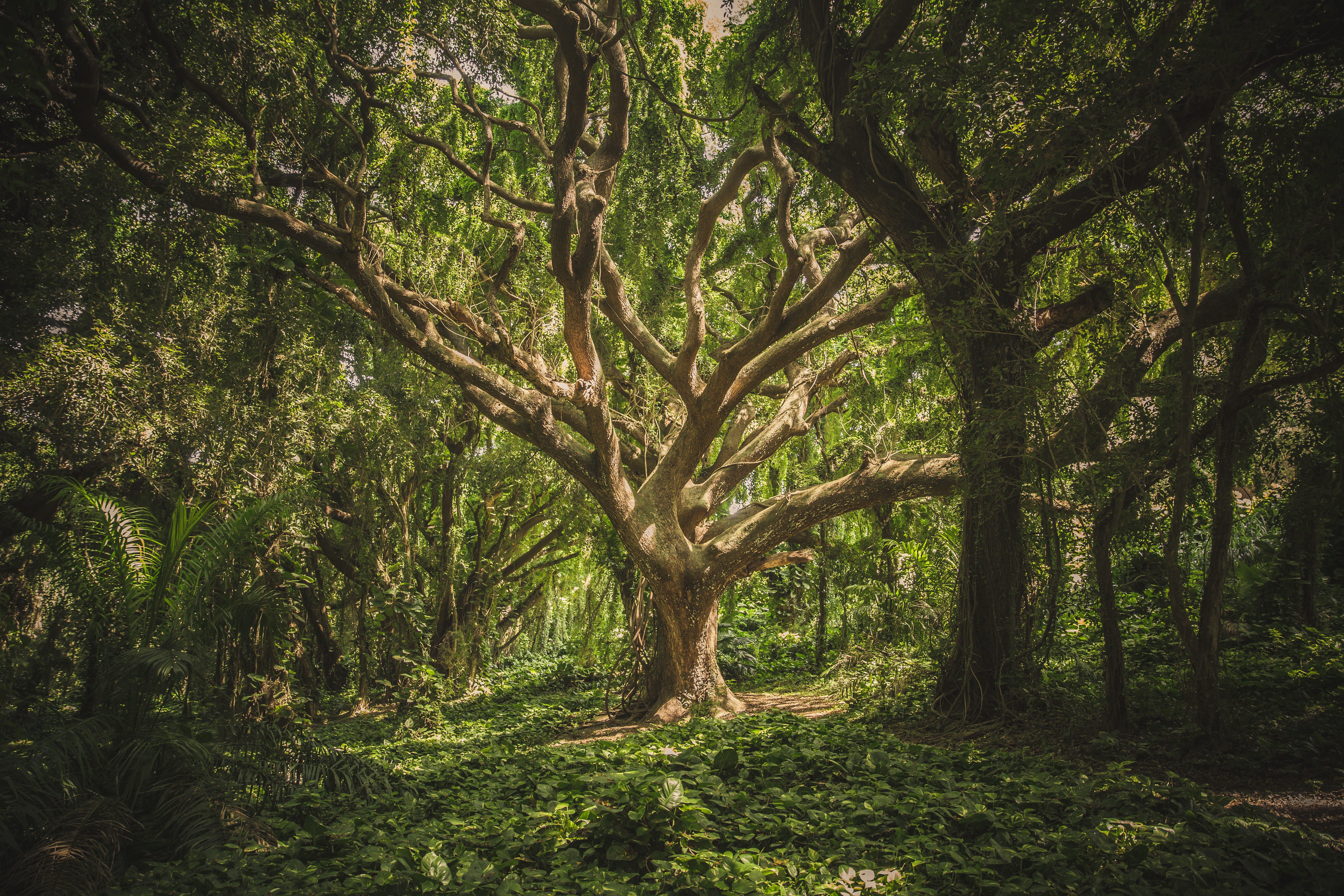This is a guest blog by Emilia P. Anaya, a mental health and environmental justice advocate, for Mental Health Week.
During the pandemic, we have seen a surge in demand for services and rising rates of people struggling with their mental health. But we’ve also seen more and more people talk about their growing appreciation for nature, and looking to spend time outdoors to find a sense of calm. Mental health advocates have been saying that the mental health system is underfunded, and the gaps in access need to be addressed. Mental health care, however, must also include promoting and preserving wellbeing, and that includes fighting for environmental and climate justice.
A growing body of research on the impacts of climate change on mental health shows that the increasing frequency of extreme weather events and natural disasters directly threaten mental health and make mental health conditions worse. Mental health suffers because of the displacement and loss of community, the increased risk of physical injuries, and the destruction of the natural and social environments on which we depend for work, food, wellbeing, and culture. For example, members of an Inuit community in Labrador reported that changes in snow and ice, wildlife, and vegetation patterns significantly impacted their cultural identity and mental well-being. Similarly, toxic pollution and the adverse health effects linked to a lack of access to clean water, exposure to toxic chemicals, and the destruction of natural spaces contribute to negative mental health outcomes.
Researchers warn that as climate change worsens, so will its impacts on mental health. Climate change is similarly expected to disproportionately impact low-income and racialized communities, in addition to people with pre-existing mental illnesses or conditions and people who live in the regions most vulnerable to the changes in climate.
But nature should offer solace: research shows that access to a healthy natural environment is protective of mental health. Studies have found that there is a strong connection between spending time in nature and reduced stress, depression, and anxiety. Having safe access to green spaces, clean water, and clear air is essential for our physical and mental wellbeing. Protecting mental health therefore also means respecting Indigenous land sovereignty and making natural spaces safe from police harassment for racialized people.

The mental health and environmental crises we are facing are urgent and interconnected, and solutions must address them in a coordinated way. At the root of both is a system that drives the destruction of nature for profit and that employs violence to prioritize property over people.
Together, the mental health and environmental justice movements can fight for healthier communities by expanding natural spaces, stopping fossil fuel expansion, and investing in communities instead of polluters. In doing so, we can also build each others’ strength, optimism, and hope. This Mental Health Week, and for the rest of the year, let’s take care of ourselves and each other, and stand up together for the just and green future that we deserve.








